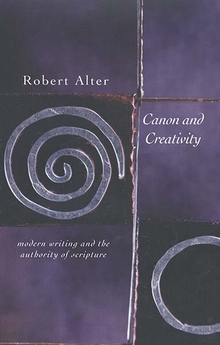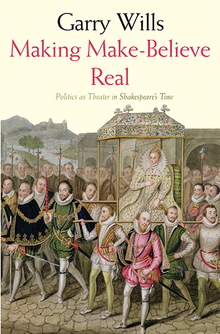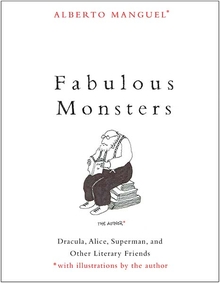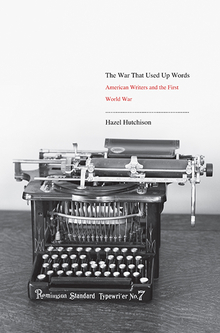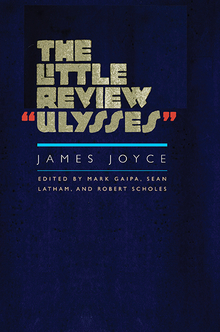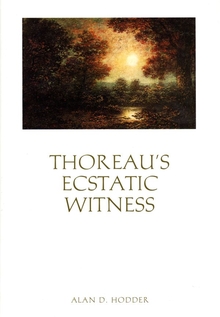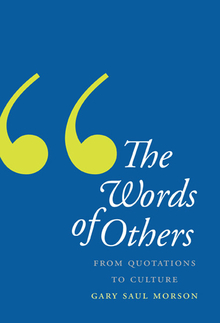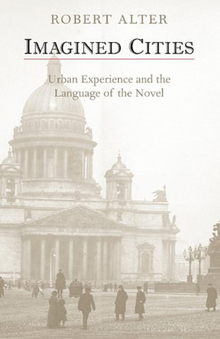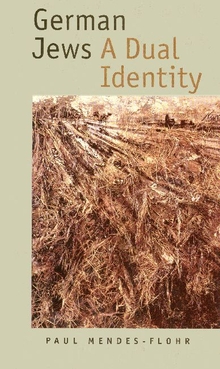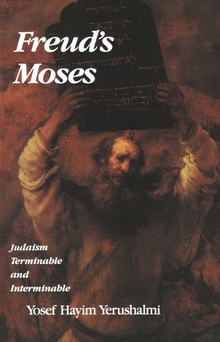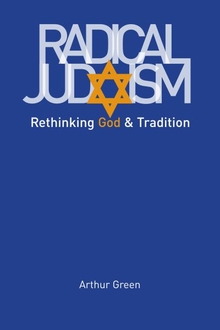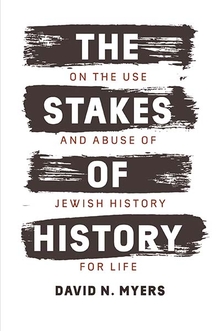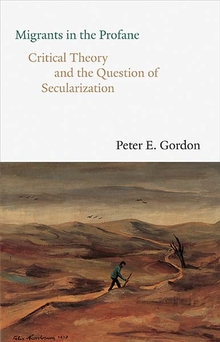Canon and Creativity
WARNING
You are viewing an older version of the Yalebooks website. Please visit out new website with more updated information and a better user experience: https://www.yalebooks.com
Modern Writing and the Authority of Scripture
Robert Alter
In this illuminating book, one of our foremost literary critics views the much-debated question of the literary canon from an entirely new angle. Robert Alter explores the ways in which a range of iconoclastic twentieth-century authors have put to use the stories, language, and imagery of the paramount canonical text—the Hebrew Bible. Alter makes a compelling case against the prevalent, pejorative notion of the canon as a vehicle of ideological enforcement. He shows instead that canons by nature are surprisingly elastic, providing later writers with imaginative resources even when those same writers rebel against what they conceive as the constraints of the canon.
Focusing special attention on Franz Kafka’s Amerika, Haim Nahman Bialik’s The Dead of the Desert, and James Joyce’s Ulysses, Alter brings to bear an unusual perspective, putting into a single frame of discussion three writers from widely different linguistic traditions (German, Hebrew, English) and from disparate cultural settings (Prague, Odessa, Dublin). Alter’s close readings of these major modern writers reveal how reference to canonical antecedents can be both surprisingly various and enabling. Examining the diverse modes in which Biblical material becomes interwoven with the fabric of a new work, he also offers new insights into the nature and range of modernism. Critically appreciative rather than polemic in tone, Alter conveys in this thoughtful book a renewed sense of the vitality of literary modernism.
Focusing special attention on Franz Kafka’s Amerika, Haim Nahman Bialik’s The Dead of the Desert, and James Joyce’s Ulysses, Alter brings to bear an unusual perspective, putting into a single frame of discussion three writers from widely different linguistic traditions (German, Hebrew, English) and from disparate cultural settings (Prague, Odessa, Dublin). Alter’s close readings of these major modern writers reveal how reference to canonical antecedents can be both surprisingly various and enabling. Examining the diverse modes in which Biblical material becomes interwoven with the fabric of a new work, he also offers new insights into the nature and range of modernism. Critically appreciative rather than polemic in tone, Alter conveys in this thoughtful book a renewed sense of the vitality of literary modernism.
Robert Alter is Class of 1937 Professor of Hebrew and Comparative Literature at the University of California, Berkeley. Among his many previous books are The Art of Biblical Narrative, Necessary Angels, and most recently The David Story: A Translation with Commentary of 1 and 2 Samuel.
“Anyone interested in literature of any kind could enjoy and profit from this fascinating and elegant book.”—John Hollander
"Few American critics can match Robert Alter either in linguistic range or in sensitivity to all the nuances of a literary text. In his new book, he moves from the Song of Songs to the Hebrew poets of the Golden Age in Spain and 19th century Russia, and then on to Kafka and Joyce. All used the Bible as a source of inspiration, but did so with total freedom from doctrine or dogma. Alter brilliantly demonstrates the futility of all the arguments over the literary canon by showing how independently every original writer has always employed it for his own purposes."—Joseph Frank, Prof. Emeritus of Slavic & Comparative Lit., Stanford University
“Robert Alter’s work on the literary impact of the Hebrew Bible is always fresh and illuminating. Here he demonstrates with great cogency how three very different modern writers developed their own antithetical visions by recasting and transforming biblical materials.”—Morris Dickstein, Distinguished Professor of English, City University of New York
“Alter . . . brings a fresh perspective to the concepts of the canon. . . . Those who care for Kafka, Joyce, and Hebrew literature in Russia will find Alter’s work engaging.”—Booklist
“[Alter] extends his brilliant examination to the concept of ‘canon,’ a term that has become a battle cry for those who believe that the powers-that-be wield sufficient institutional force to establish socially approved texts and exclude those considered subversive. . . . [A] concise, powerful statement by one of the best contemporary literary critic-scholars.”—Choice
“Robert Alter [is] one of the finest of contemporary biblical scholars. . . . [A] challenging and intellectually rewarding book—brief but packed with insight.”—Robert Leiter, Jewish Exponent
“Although the subject of this book is a large one—nothing less than the Hebrew Bible’s literary influence—the pleasures that it affords to readers resemble those that sonnets provide. There is the sheer physical pleasure of holding this trim little book.”—Jason P. Rosenblatt, Journal of English and Germanic Philology
“Robert Alter has managed to combine innovative scholarly work on the Hebrew Bible with a constant ability to address and interest the serious general reader. This very rare achievement comes from his humanity and his richly informed, flexible, and finely tuned critical method. As if reading like an angel were not enough, he writes like one too.”—John Drury, Journal of Theological Studies
“Alter expands his ongoing study of the literature of the Hebrew Bible with an examination of the Old Testament’s influence on three towering literary works. . . . A short, cogent exercise in literary criticism."—Kirkus Reviews
“Alter has written a convincing short book describing the nonideological nature of canon formation and its divergent use by very different imaginative writers. Recommended for literature collections.”—Library Journal (starred review)
“A deft, graceful and illuminating contemplation of how interpretations of the Bible—among the oldest of literary forms—have, in the hands of authors who have sought to invent entirely new ones, helped us arrive at a new understanding of the canon.”—Jonathan Kirsch, Los Angeles Times
“Robert Alter is one of the living masters of biblical criticism and translation, a scholar whose writings have illuminated the Bible over a long and distinguished career. . . . An elegant synthesis. . . . Alter reminds us exactly why the Bible is as lively and meaningful today as it was when its earliest passages were first set down on parchment 3,000 years ago.”—Los Angeles Times Book Review
“To read Alter’s Canon and Creativity is to experience a vivid desire to read and reread the beautiful texts under discussion. Surely that is the mark of a great—and generous critic.”—Magill’s Literary Annual 2001
“In an impressive display of literary acuity, veteran UC-Berkeley critic Alter studies the works of three modernist writers while also reexamining the notion of canon. . . . This book . . . displays a dazzling display to interpret texts, both ancient and modern.”—Publishers Weekly
“Alter’s Canon and Creativity is part of a grand tradition: one thinks of Robert Lowth’s Lectures on the Sacred Poetry of the Hebrews and Herder’s The Spirit of Hebrew Poetry, each testifying to the majesty and sublimity of the Hebrew Scriptures. Marked by his characteristically luminous prose, Alter’s meditation begins with a brief consideration of what a canon meant to ecclesiastical thinkers, Hellenistic grammarians, and to the modern reader, who applies the term to secular literature.”—Lewis Fried, Studies in American Jewish Literature
Selected as an Outstanding Academic Title for 2001 by Choice Magazine
ISBN: 9780300206524
Publication Date: September 30, 2013
Publication Date: September 30, 2013
208 pages, 4 3/4 x 7 3/4

